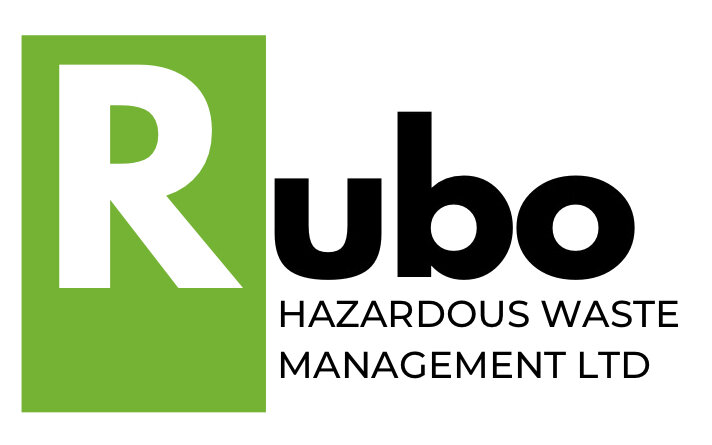Eco-Friendly Disposal of Acetic Acid Waste in the UK
Rubo Hazardous Waste Management recently partnered with a UK-based food manufacturing company to address a significant waste management challenge involving surplus vinegar, a solution containing acetic acid. This case study showcases how Rubo’s innovative solutions prioritise compliance, safety, and sustainability.
The Challenge
The client’s operations generated 24,000 kg of vinegar waste (classified under UN Number 2790, Class 8 for corrosive substances) containing acetic acid concentrations of 10–24%. This presented risks associated with the material’s hazardous properties, such as skin and eye irritation (H315, H319) and its potential impact on aquatic ecosystems in case of accidental release.
Proper disposal of this waste was critical to avoid environmental harm and ensure full compliance with UK hazardous waste regulations.
Our Solution
Rubo provided a tailored solution to manage the safe disposal of this acetic acid waste, focusing on sustainability and regulatory compliance. The key steps included:
Collection and Packaging: The waste vinegar was handled and moved is bulk ISO tankers to prevent spillage during transportation.
Transport: Certified carriers transported the waste under controlled conditions, adhering to ADR (European Agreement concerning the International Carriage of Dangerous Goods by Road) guidelines.
Sustainable Disposal: The acetic acid waste was sent to a biological treatment facility for anaerobic digestion. This process converted the organic material into biogas, a renewable energy source, and nutrient-rich digestate, which can be used as a fertiliser.
Teaching Moment: Key Chemical Insights
Acetic Acid (CH3COOH):
Hazard Classes: Corrosive and irritant (Skin Corr. 1A, H314; Skin Irrit. 2, H315).
Proper shipping name: Acetic acid solution.
Handling Precautions: Avoid direct contact with skin and eyes. Store in cool, well-ventilated areas.
The vinegar’s biodegradability made it an ideal candidate for anaerobic digestion, aligning with the principles of a circular economy.
The Results
Volume Processed: 24,000 kg of vinegar waste.
Environmental Impact: The waste was effectively recovered, contributing to renewable energy generation and reducing reliance on landfill.
Compliance: Adherence to all relevant regulations, including the Hazardous Waste (England and Wales) Regulations 2005.
Client Benefits: Cost-effective and eco-friendly waste management solution with a positive environmental footprint.
Rubo’s expertise in hazardous waste management ensures compliance, safety, and sustainability for businesses across the UK.
